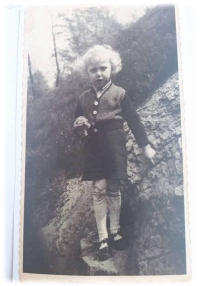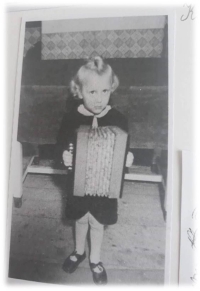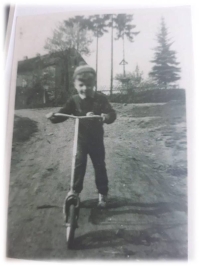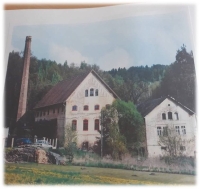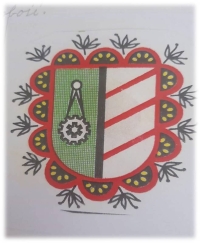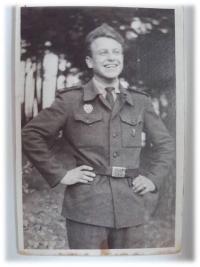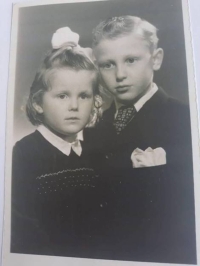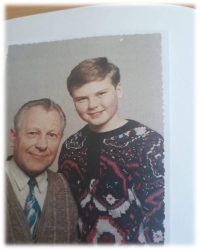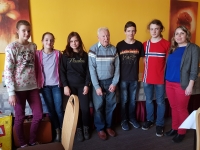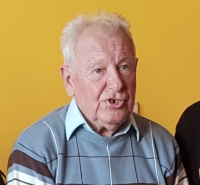The young generation should work on peace and ecology

Download image
Ratmír Hruška was born on August 11, 1938 in Prague in the family of a dentist and a ladies’ tailor. He had a sister and a brother twenty years younger, both siblings survived. He originally lived with his parents in the house where the SS staff was located. German families lived in the house opposite. He experienced severe shelling when his mother was in direct danger. After his parents’ divorce, he moved to his grandparents in Úštěk at the age of 7, where he lived for the rest of his life. The sister stayed with the father. Grandfather the miller came to town after traveling abroad. After a few years, they moved and lived permanently in the mill building. He started elementary school in Prague and finished it in Úštěk. At the age of ten, he became seriously ill with meningitis. He and his mother later moved to Prague for two years, after which he went back to Úštěk to his grandparents. He trained as an electrician and worked in the field all his life. He is divorced, with his first wife he has three children, 2 sons and 1 daughter. His great hobby was model making and electric toys.
